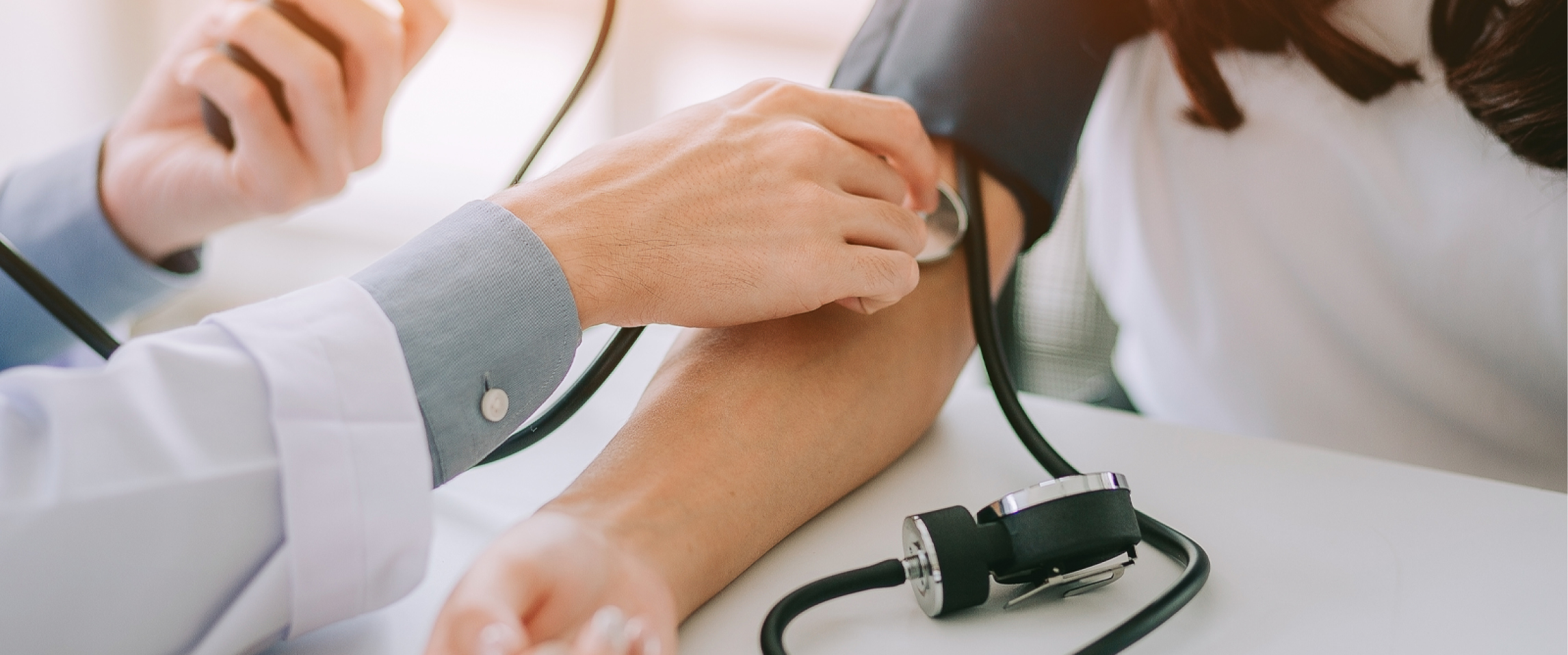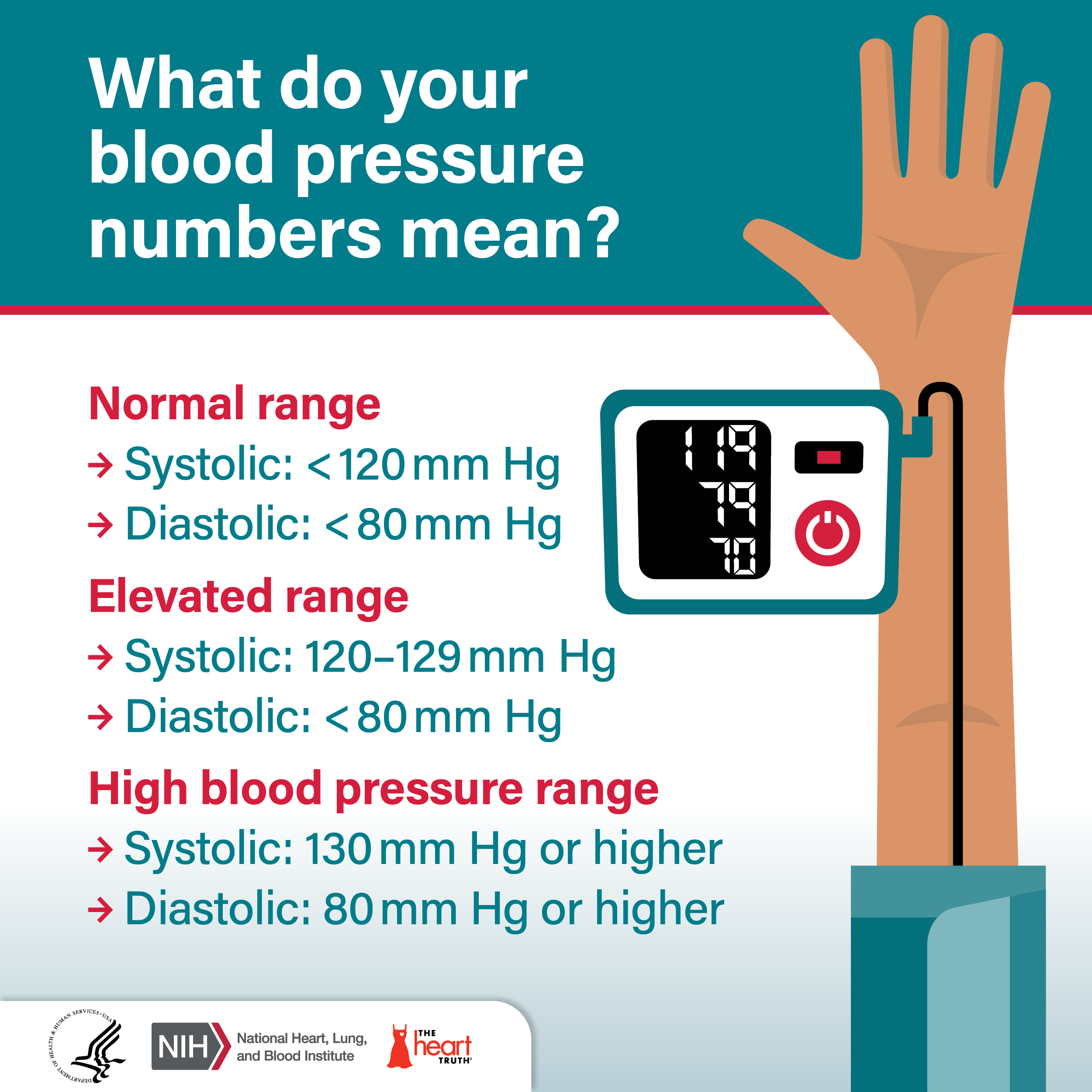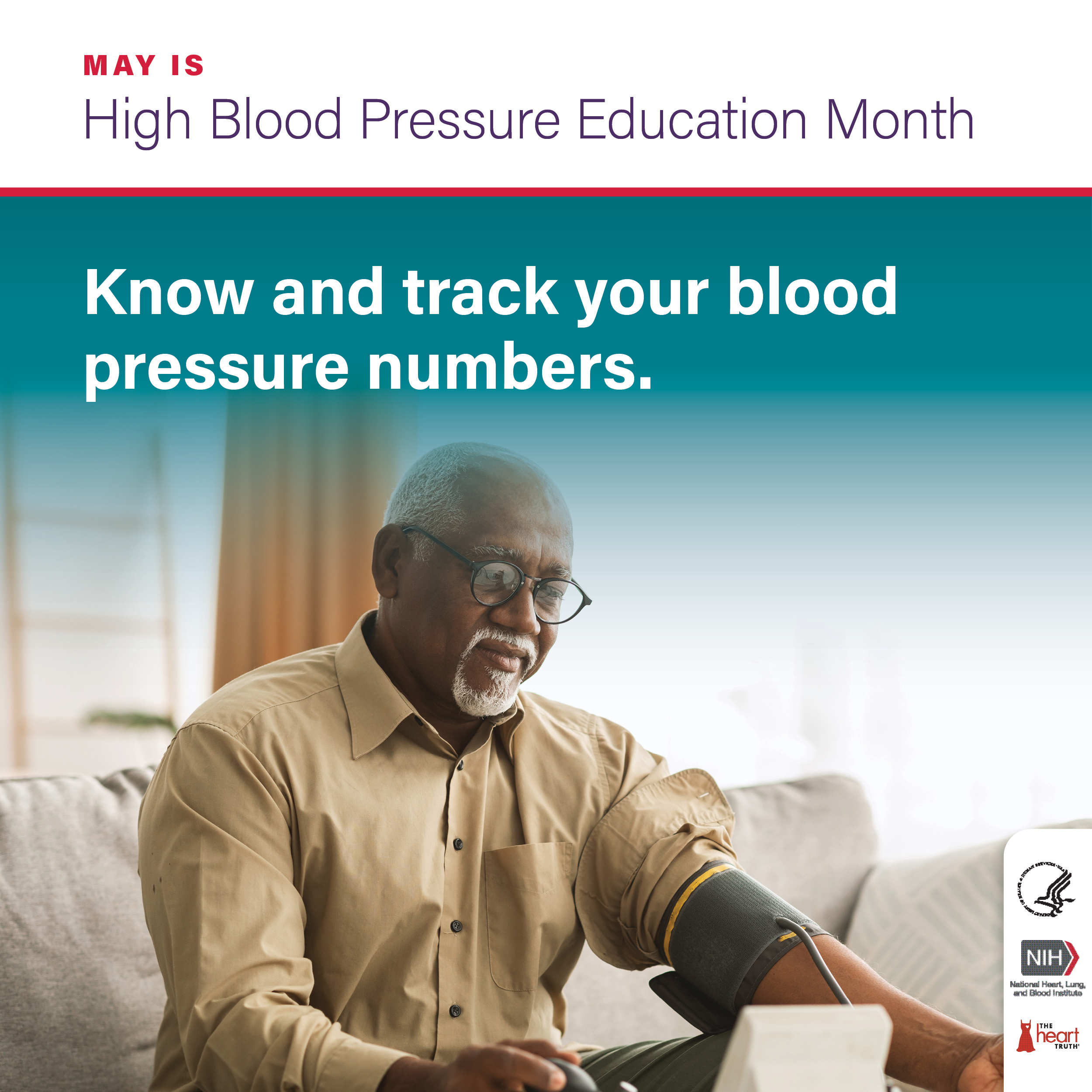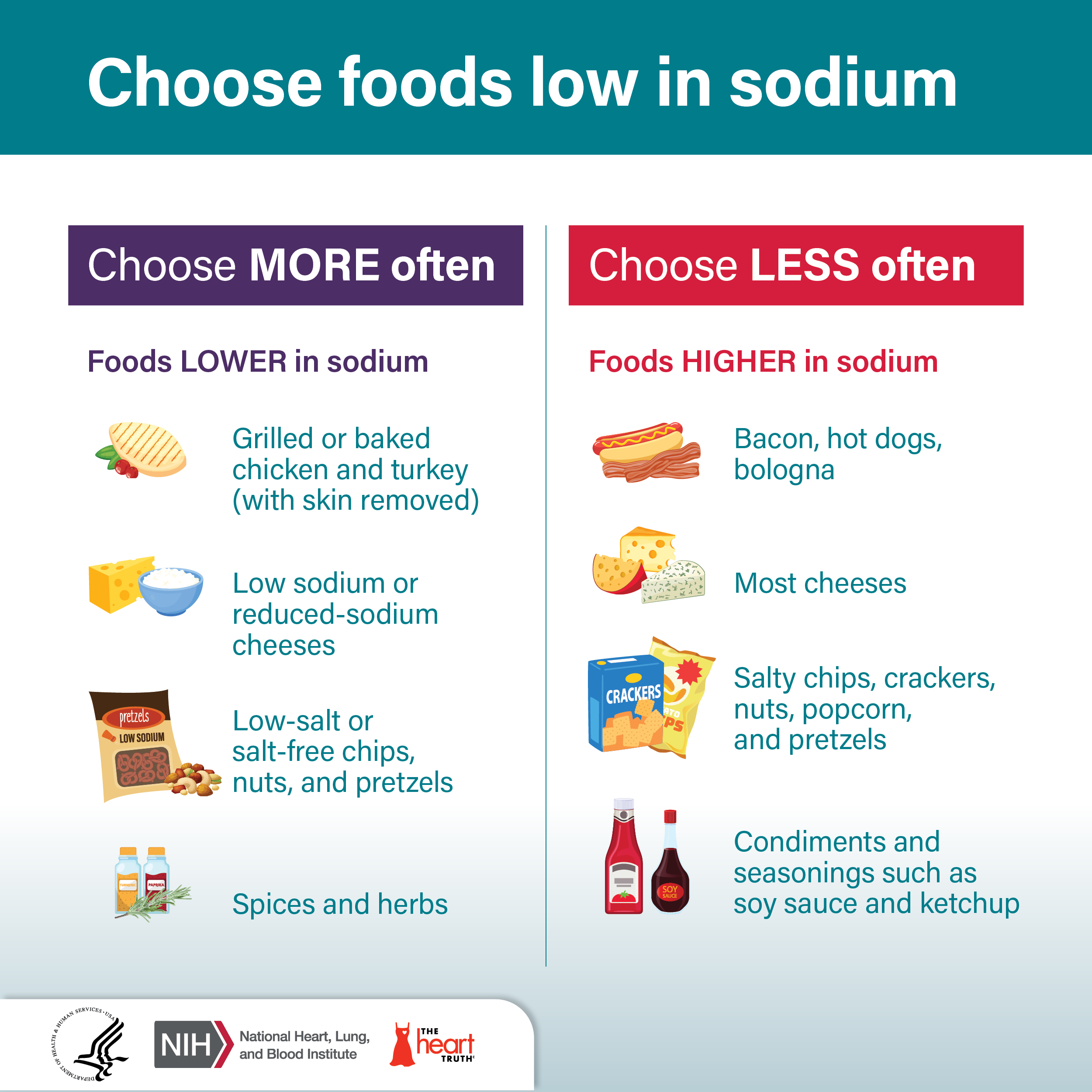
May is High Blood Pressure Education Month
Understanding High Blood Pressure: Monitoring and Controlling for a Healthier Tomorrow
May is High Blood Pressure Education Month, a crucial time to raise awareness about the silent but significant health condition affecting millions worldwide. High blood pressure, also known as hypertension, is a chronic medical condition that often goes unnoticed until serious health complications arise. The goal of this article aims to highlight the facts about high blood pressure, the importance of monitoring it, and provide effective strategies for controlling it.
The Facts about High Blood Pressure:
High blood pressure occurs when the force of blood against the artery walls is consistently too high. It is a leading risk factor for heart disease, stroke, and other potentially life-threatening conditions. Here are some key facts to consider:
- Prevalence: High blood pressure is a common and widespread health condition. It affects approximately 1 in 3 adults globally.
- Silent Nature: Often referred to as the “silent killer,” high blood pressure rarely exhibits noticeable symptoms, making regular monitoring and awareness crucial.
- Risk Factors: Factors such as age, family history, obesity, lack of physical activity, poor diet (high in sodium and low in potassium), excessive alcohol consumption, and chronic stress contribute to the development of high blood pressure.
Why Monitoring High Blood Pressure is Important:
Monitoring blood pressure is easy, and is the first step towards understanding and managing the condition effectively. Regular monitoring offers the following benefits:
- Early Detection: Routine blood pressure checks enable early detection of high blood pressure, allowing for timely treatment and prevention of complications.
- Individual Awareness: Regular monitoring empowers individuals to understand their blood pressure trends and make necessary lifestyle modifications to control it effectively.
- Treatment Evaluation: For those diagnosed with high blood pressure, regular monitoring helps healthcare professionals evaluate the effectiveness of medications and lifestyle changes.
Controlling High Blood Pressure:
While high blood pressure cannot be cured, it can be effectively managed through a combination of lifestyle changes and medical interventions. Here are essential strategies for controlling high blood pressure:
- Healthy Eating: Adopting a balanced diet rich in fruits, vegetables, whole grains, lean proteins, and low-fat dairy products while limiting sodium, saturated fats, and added sugars can significantly lower blood pressure.
- Regular Physical Activity: Engaging in regular aerobic exercise such as brisk walking, cycling, or swimming for at least 150 minutes per week (20 minutes/day) helps lower blood pressure and improve overall cardiovascular health.
- Weight Management: Maintaining a healthy weight through a combination of a nutritious diet and regular exercise can help reduce blood pressure levels.
- Limiting Alcohol Consumption: Excessive alcohol intake can raise blood pressure levels. It is recommended to limit alcohol consumption to moderate levels (up to one drink per day for women and up to two drinks per day for men).
- Stress Management: Chronic stress contributes to high blood pressure. Employing stress management techniques such as deep breathing exercises, yoga, meditation, and engaging in hobbies can promote relaxation and lower blood pressure.
- Medication Adherence: For individuals with high blood pressure requiring medication, it is vital to adhere to prescribed treatments and consult healthcare professionals regularly to monitor their condition.
During High Blood Pressure Education Month, it is crucial to remember that high blood pressure is a serious health condition that demands attention. By raising awareness, promoting regular monitoring, and emphasizing lifestyle modifications, high blood pressure can be controlled and the associated risks reduced. Racine Community Health Center is committed to supporting individuals in their journey toward better blood pressure management and improved overall health.
Have your blood pressure checked at least once a year. If you are concerned about your risk of developing high blood pressure or are having trouble managing your blood pressure, make an appointment with the Racine Community Health Center by calling 262-800-7242. Remember, a small effort today can pave the way for a healthier tomorrow.





